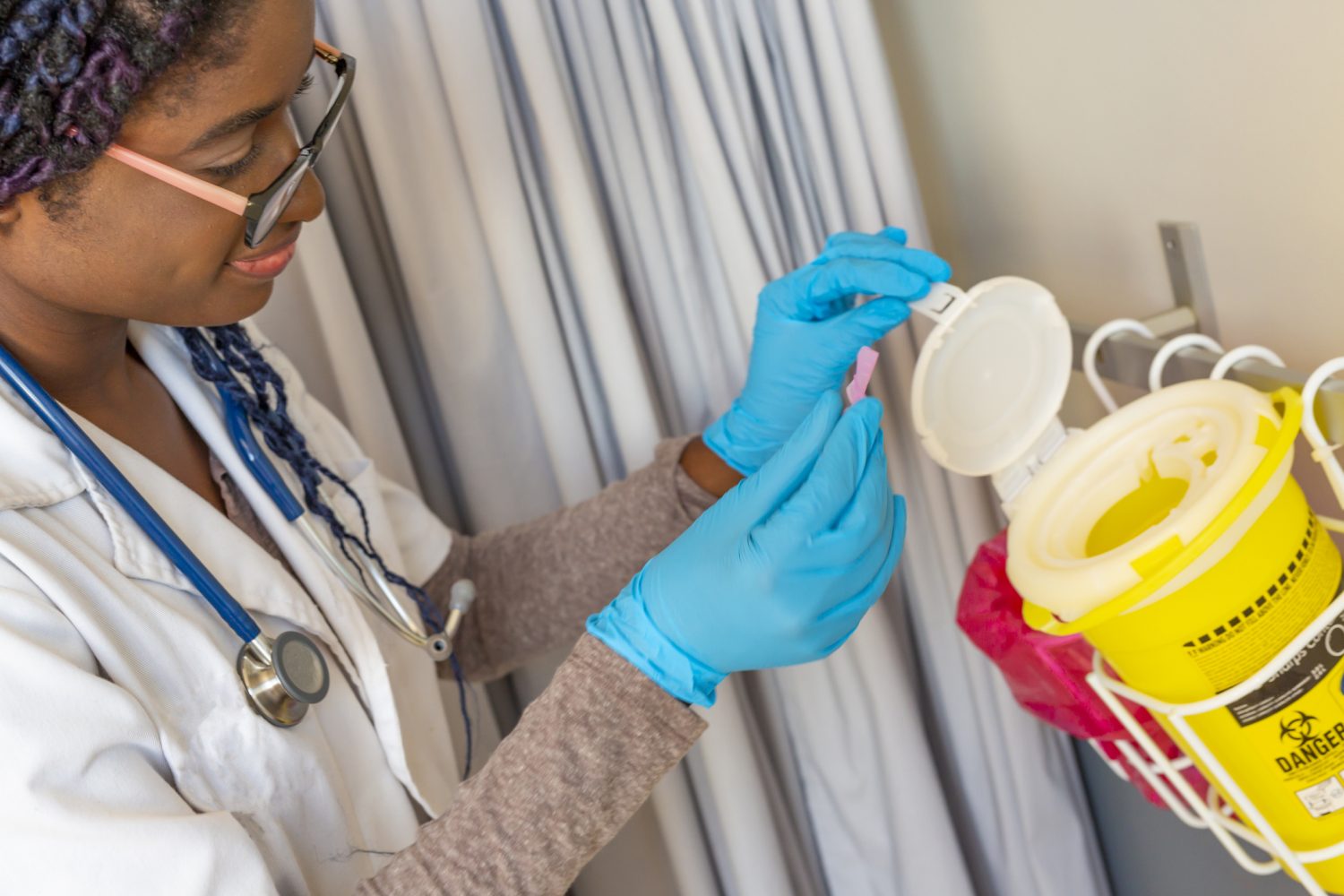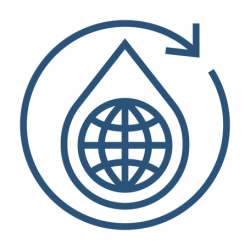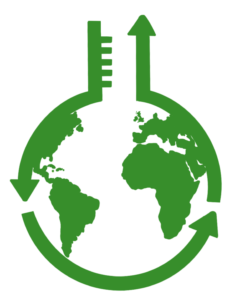SEARCH
Enter your search term below:
Close
Enter your search term below:

WORLD LEADING BUSINESS SUPPORT

In 2020, the NHS became the first health system in the world to commit to reaching net zero by 2040. Since 2010, it has reduced its emissions by 30% thanks to steps taken across the workforce, but more transformation that continues to improve the quality of patient care while also reducing carbon emissions is required in every setting. This is the SBRI’s second net-zero competition, and it aims to find the innovations now which will accelerate actions to reduce waste and cut emissions.
Both companies received a package of support from the Scale-Up Programme, which included tapping into the team’s expertise and bid writing.
Revolution-ZERO – awarded £83,323 for ZERO-DECON: Net Zero Medical Textiles Decontamination. In collaboration with the University of Southampton (Professor Sandra Wilks, with some additional support from Professor Charles Keevil); University College London and several clinical leads.

The ZERO-DECON project aims to remove the current requirement for heating water for washing medical textiles, including surgical textiles, garments and linen, within the UK (currently contributing more than 250,000 tonnes of CO2e Emissions per year) and globally. The project directly addresses the greatest challenge facing healthcare of laundry/decontamination services in reaching Net Zero.
LabCycle Ltd – awarded £99,986 for a world-first circular plastic consumables supply chain for healthcare systems. In collaboration with the University of Bath iCAST (Professor Matthew Davidson, Dr Strachan McCormick), NHSBT.
 LabCycle is developing a solution to sort, decontaminate and recycle single-use plastics in the NHS and to create a circular plastic supply chain in the healthcare sector.
LabCycle is developing a solution to sort, decontaminate and recycle single-use plastics in the NHS and to create a circular plastic supply chain in the healthcare sector.
Dr Helen Liang, CTO, LabCycle commented: “Disposable plastics have become ubiquitous in research and healthcare, especially for consumables such as syringes and test tubes that require sterility. However, due to a lack of specialised recycling solutions, an enormous amount of clinical and laboratory plastic waste is currently incinerated. In collaboration with NHS Blood and Transplant (NHSBT), we aim to demonstrate that non-infectious plastic waste from healthcare can be recycled and returned to the high-grade plastic supply chain in a circular economy.”
Dr Aleksandra Love, Health & Wellbeing Sector Lead, SETsquared’s Scale-Up Programme said: “Climate change is a health emergency. There are more than 13 million deaths around the world each year due to avoidable environmental causes. Air pollution contributes to one in 20 deaths in the UK and is the cause of increased cases of asthma, cancer, and heart disease. The NHS, which contributes around 4% of UK emissions, is part of the problem. It’s fantastic to see these companies succeed in their funding bids, as both are developing pivotal solutions to help the NHS deliver its net zero goals.”
Get all the fresh insights first! Stay up-to-date with all the
latest investment news, blogs and all things SETsquared.
Close
Close